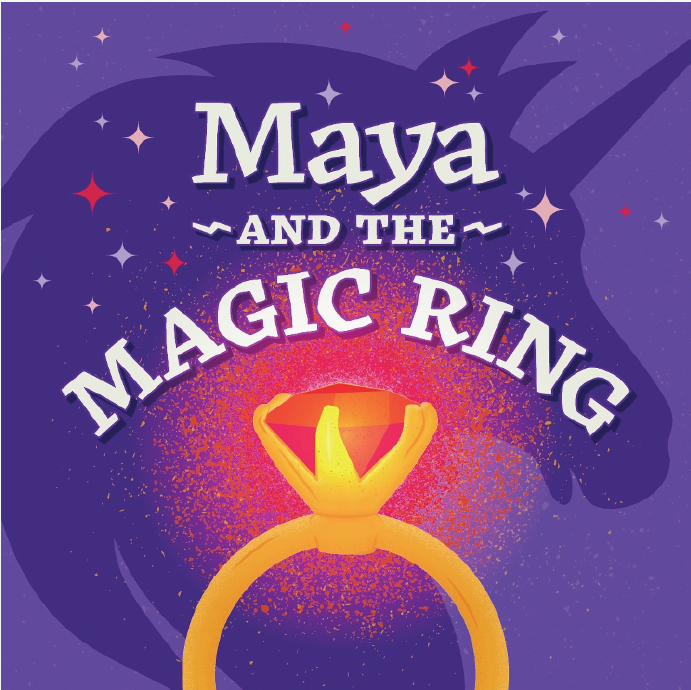Off Book: Jen Stephenson, Vol. 1 Ep. 6
July 28, 2021

“What are you going to do with a music degree?” Sometimes well-intentioned and innocently curious, sometimes condescending and smug, we’ve all explained our hopes, dreams, and plans to our parents at the dinner table, acquaintances at a party, friends on the phone. We’ve justified our choices and described our career pathways. And as calm as we might seem during these explanations, there is sometimes a shadow of doubt behind our confidence – “What am I going to do? How will I make this work? Is there a place for me in this world?”
Having gone through all of this myself, I can tell you: What are you going to do? You are going to live. You are going to travel the world, singing, directing, teaching, and growing. You will speak directly to people’s hearts, even though when they try to talk with you after the performance, you’ll both realize that you don’t speak the same language and were only able to share a moment through song. You will introduce six-year-olds in underserved rural Kansas to the beauty of opera and give them a glimpse at a future they didn’t know was possible. You will share a tearful hug with a stranger after you were both touched by a performance you produced of Amahl and the Night Visitors. You will learn to speak French during church choir rehearsals in Paris and stay up all night speaking Spanish with your newfound Italian friend in Luxembourg. You will bring singers, pianists, and stage directors together from all over North America to make music simply because one day in July, you decided you wanted to start an opera company. You will cheer as your five-year-old piano student plays “A Happy Song (for both hands)” in her first recital, and weep as your undergraduate junior baritone sings “Whither must I wander” with such artfulness that you’re sure he has peeked into your soul. You will fall in love, learn self-reliance, experience true connection, and become your own person. And you’ll do all of this while managing to pay your rent, phone bill, car insurance, and student loan payments.
I’m not sure that there is one truth I wish I could share with my 20-something-year-old self about this profession, but perhaps there are a few micro-truths.
· Don’t worry about rejection. Apply to everything. EVERYTHING. Try to apply to one hundred things a year. Apply to so many things that you forget what you applied to, and when you get a rejection letter, you can think, “Oh – did I apply to this? I don’t even remember doing that!” We are often envious of the people who seem to get gigs hand-over-fist and win competitions left and right. What we don’t see is that every job they were offered represent thirty more they applied for. Apply, apply, apply. If you are rejected, it is 99% not about you. The gig was probably already cast before you sent in your materials. But now they know your name. And if they like you, they’ll keep track of you for when you apply next time. I’ve gotten gigs because I applied for something else three years previously. Your efforts will pay off, just sometimes not in the way you think, and not when you thought they would.
· Networking is just making friends with people and doing projects together. You don’t have to impress everyone in the world. Just make friends. If there is someone whose work you really admire, tell them. Tell them you’d like to be involved in work they’re doing. Don’t be afraid to do some pro-bono work in the beginning. Work begets work. When I hire people for paying gigs, I always try to hire people I’ve worked with before, which are sometimes in non-paying gigs or volunteer organizations. Get involved. Meet people. If you read an article on a blog that you like, email the author. Ask questions. Most people will help you out if they can.
· Get your written materials in order. Singers’ resumes have a very specific format. Cover letters must include certain information. Your headshot must look like a singer’s headshot and not a graduation photo. Have someone edit your materials for you. I’m happy to do it if you send them to me. Your written materials are your introduction to the people you want to work with. Make sure they leave a good impression.
The most important thing I’ve learned (and am still learning): Your career is an important part of your life, but it is only a part. Use your career to further your personal goals. If you’ve always wanted to speak French, seek out gigs in francophone nations. If you’ve always wanted to travel to Africa, look for gigs there. If you’re passionate about education, try to work with opera outreach programs that visit underserved school systems. If you’ve always wanted to have a large family, figure out a way to make music in your community and still be home with your kids at night. Reading through the beautiful guest blog articles on LOOC’s Off-book series, everyone is saying the same thing that I want to say here: Don’t pigeon-hole yourself. Your life and career can be anything you want them to be. You can be a singer/director/teacher/producer/impresario – anything you want. And if at some point you decide you want to do something else, go for it. Careers in music aren’t linear, but that’s what makes them interesting. We’ve just got this one life, so whatever you decide you want – go for it. In the words of Dr. Suess in “Oh the places you’ll go,” “…be your name Buxbaum or Bixby or Bray or Mordecai Ali Van Allen O’Shea, You’re off the Great Places! Today is your day! Your mountain is waiting. So… get on your way!”





